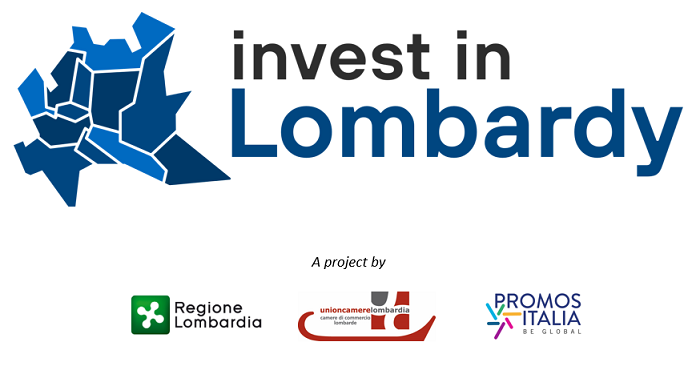For now at least, Italy is the preferred destination for many wealthy individuals from the other side of the Alps who move to take advantage of the favourable taxation regime on inheritance and investment income. And recently, perhaps due to the fear of Brexit, interest is also being shown by the English super-rich. The Milanese law firm Masotti & Berger, which has registered increasing interest from wealthy French families, confirms: “Lately, our firm has been advising several clients from abroad – mostly France – who transferred their residence for tax efficiency purposes or inheritance tax planning”, says partner Francesca Masotti.
In France, for instance, wealth tax (the impot sur la fortune) often makes the mere ownership of real estate and other assets extremely onerous, with the lack of any correlation to actual increases in income making it particularly unpopopular. “While Italy does have high rates of Irpef (income tax on individuals), some aspects of our tax system can be quite attractive to certain categories of taxpayers, such as individuals with significant personal assets but whose earned income is not particularly high”, adds Masotti.
The big difference is the tax on wealth. “In Italy, tax rates on both real estate and financial activities are comparatively low, especially after the latest increase in wealth tax by the Hollande government, which entered into force at the beginning of 2013”, continues Masotti. Italy has no wealth tax as such, although IMU – a tax on real estate – and the imposta di bollo, or stamp duty (a 0.2% rate and a flat €34.20 for bank accounts with an average balance of more than €5,000), can be considered a form of wealth taxation.
The basic rate of Italian IMU (or IVIE, in case of real estate located abroad) on the other hand is 0.76%. “In France, there are similar taxes on real estate (taxes foncières) which are even more onerous, based for instance on the market value of a property and not on its cadastral (registered) value, as in the Italian system”, explains Masotti.
The French wealth tax is levied on individuals – or more precisely, on households – with assets valued at over €1.3 million: if the conditions are met, assets exceeding €800,000 are taxed, with variable rates on progressive bands up to 1.5 % per year.
“An asset portfolio of 50 million euro, for example, is taxed – roughly speaking and without taking applicable thresholds into account – at around €690,000 per year”, Masotti points out. And let’s not forget inheritance and gift tax. “Italian inheritance tax is in many respects the lowest in the EU, at least as far as lineal descendants are concerned, because in some countries, such as France, taxation at this stage of succession is exempt”, says Masotti.
Under the Italian tax regime, three different rates apply: 4% on the value inherited by the surviving spouse and children (but with a threshold of 1 million euro per beneficiary), 6% for siblings or relatives up to the fourth degree (with a threshold of €100,000 if the beneficiary is a sibling) and 8% in all other cases. In France, inheritance by lineal descendants – with the exception of the surviving spouse, who due to the spouse exemption, is not taxed at all until their death – is taxed at rates ranging from 5% to 45% (a 30% rate already applies to amounts exceeding €552,000); for siblings, rates go from 35% to 45% (the 45% rate applies to amounts exceeding €24,000); for other relatives up to the fourth degree, 55%; and 60% in all other cases.
“One can add to this that at a time when governments are particularly vigilant as regards tax exiles in order to prevent international tax avoidance and the squirreling of assets abroad, a transfer of tax residence to Italy is unlikely to raise any eyebrows because Italy is not perceived as a tax friendly country”, notes Masotti. Of course, the current rumours of a possible hike in inheritance taxes may sooner or later turn out to be correct. “This is why we often set up trust structures for our clients, because we believe they will continue to be favourable”, explains Masotti.
Original article published on MilanoFinanza October 29, 2016
Translated for the Invest in Lombardy Blog by Masotti & Berger



